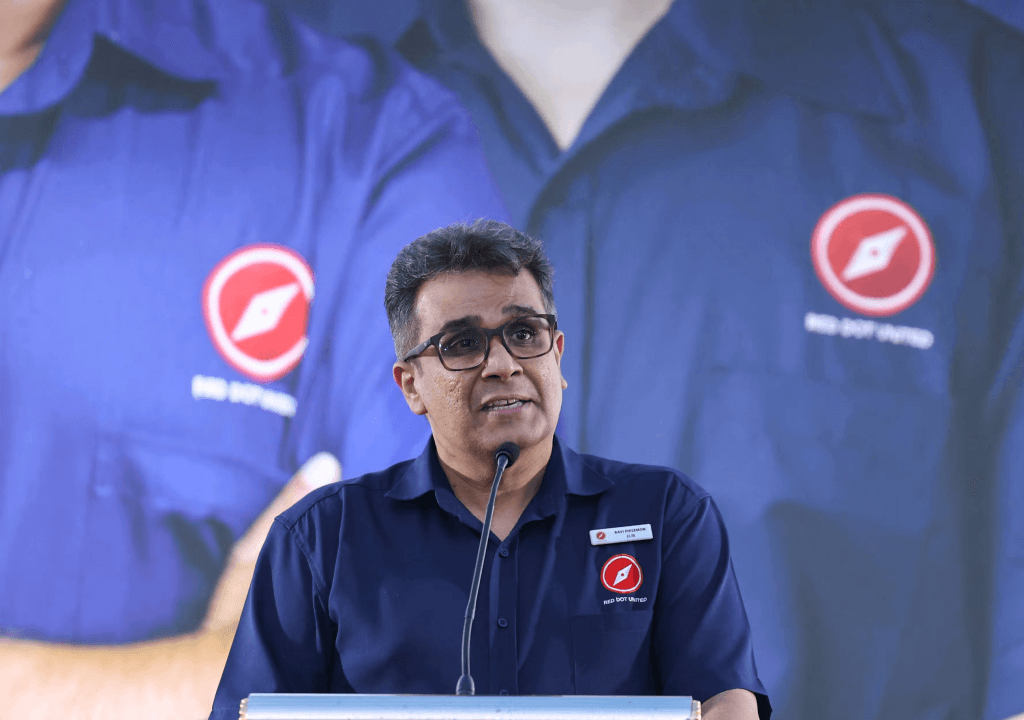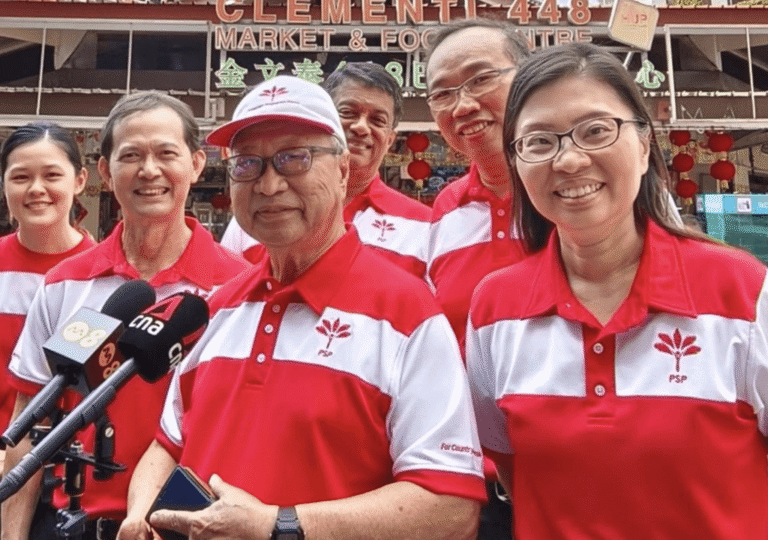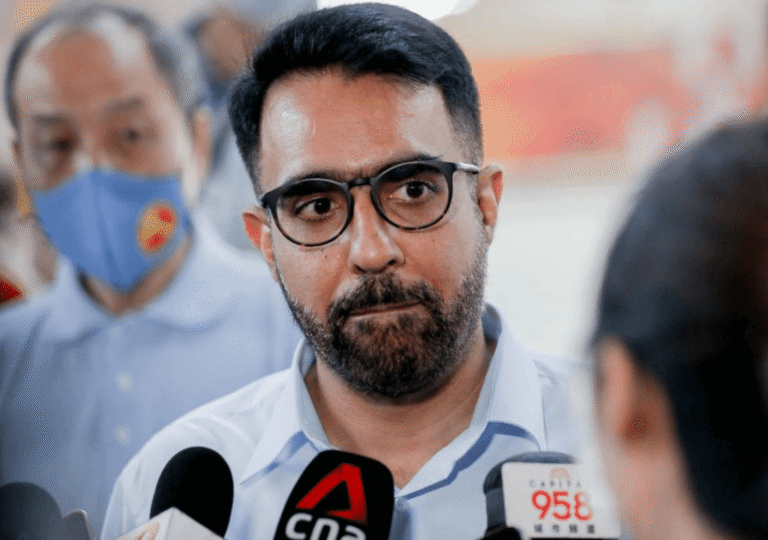The 2025 General Election gave Singapore’s opposition parties a humbling reality check. Despite running vibrant campaigns and raising high hopes, they faced a sobering outcome that highlighted the steep challenges of competing within the country’s deeply entrenched political system. Most of the public still doesn’t view the opposition as a viable alternative.
A month after the election, the long-dominant People’s Action Party (PAP) has already formed its new Cabinet, while the opposition is pushing to reclaim its relevance in national politics. Red Dot United (RDU), one of the more ambitious players in the election, has begun developing new programs and outlining a bold proposal to form an “Alternative Government.”
With this initiative, RDU seeks to act as a creative counterweight to PAP dominance and breathe new energy into Singapore’s political conversation.
An Alternative Government
Red Dot United (RDU), the fourth-largest party in the country, has announced its ambition to move beyond merely serving as a check on the ruling People’s Action Party (PAP) and now aspires to form an “Alternative Government.” As part of this effort, the party plans to create a mock cabinet—with symbolic ministers and simulated policy initiatives—to present Singaporeans with credible alternatives. The initiative is intended as a compelling way to help voters imagine possibilities they may never have previously considered.
At an event held at the party’s headquarters in Ubi Crescent to thank volunteers following the 2025 General Election, RDU secretary-general Ravi Philemon explained that the party aims to raise its profile so that Singaporeans will recognize it as a viable governing alternative should the PAP falter. He described this new direction as a responsible step forward and emphasized that the party no longer wishes to be viewed solely as a provider of checks and balances. Standing alongside fellow party members Sharon Lin, Ben Puah, and Harish Mohanadas, Philemon underscored the party’s commitment to long-term political relevance.
RDU is also seeking to collaborate with other like-minded opposition parties to launch a digital platform—tentatively named altgov.sg—intended to serve as a space for developing and presenting joint policy proposals. While formal discussions with other mainstream opposition parties on forming a shadow government have not yet taken place, Philemon noted that informal conversations have begun on a personal level. He stated that fostering these connections will be a key strategic priority for the party over the next five years.
RDU to transform
In its media invitation, Red Dot United (RDU) emphasized the need for a fundamental shift in both political outlook and strategy. Over the next 10 to 15 years, the party intends to recalibrate its approach and strengthen its organizational foundations.
At the core of this transformation is RDU’s newly introduced “3B Strategy”: breaking away from its traditional role as a counterbalance to the People’s Action Party (PAP), believing in the leadership potential of its younger generation, and building a distinct and credible political brand. The rebranding effort may even include changing the party’s name to one that conveys greater seriousness and maturity.
In the 2025 General Election, RDU contested Jurong East–Bukit Batok, Holland–Bukit Timah, and Nee Soon Group Representation Constituencies (GRCs), as well as Jurong Central Single Member Constituency (SMC). The party’s campaign focused on several key issues, including ministerial salaries, the rising cost of living and ageing population, employment concerns, and the Goods and Services Tax (GST). However, the party’s efforts did not translate into significant electoral success.
RDU Secretary-General Ravi Philemon acknowledged that feedback from the ground suggested some of the party’s candidates were not well known to voters. He emphasized, however, that these candidates were accomplished professionals, including engineers, scientists, and entrepreneurs.
Philemon also noted the disparity in campaign visibility. In Nee Soon GRC, RDU put up approximately 1,000 posters, while the PAP was estimated to have put up three times as many. He was part of the RDU team that contested in that constituency.
He expressed some uncertainty about whether the party’s name, Red Dot United, had been an advantage in the most recent election. When RDU first entered the political scene during the 2020 General Election—when it contested only Jurong GRC—the name had managed to spark public curiosity. That election took place during the height of the Covid-19 pandemic, when people were largely confined to their homes. During that period, a distinctive name like Red Dot United encouraged people to search for the party and learn more about it online.
In the context of the 2020 election, the party believes the name Red Dot United had worked in its favor. However, in the changing political landscape of 2025, it may no longer carry the same appeal—one reason the party is now considering a new identity.
Will RDU succeed?
While many opposition parties are proposing new ideas to gain ground—such as Red Dot United’s “Alternative Government” concept—success ultimately depends on how effectively these ideas resonate with the public. Despite ongoing criticism of the PAP, including accusations of gerrymandering and fostering a climate of fear, the ruling party continues to operate systematically, like a well-oiled machine. The PAP is already preparing for the next general election without pause following its landslide victory, and it is actively grooming its fifth-generation leadership.
This kind of efficiency and long-term planning enables the PAP to maintain its dominance, making it extremely difficult for opposition parties to compete on equal footing.
Red Dot United’s latest move—though unconventional and bold—may capture public attention by encouraging voters to imagine alternatives they had not previously considered. If the party can follow through on its plans and recalibrate as promised, it could carve out a meaningful presence in Parliament. While few expect any opposition party to unseat the PAP in the near future, efforts like RDU’s may help ensure that alternative voices remain part of Singapore’s political conversation.







